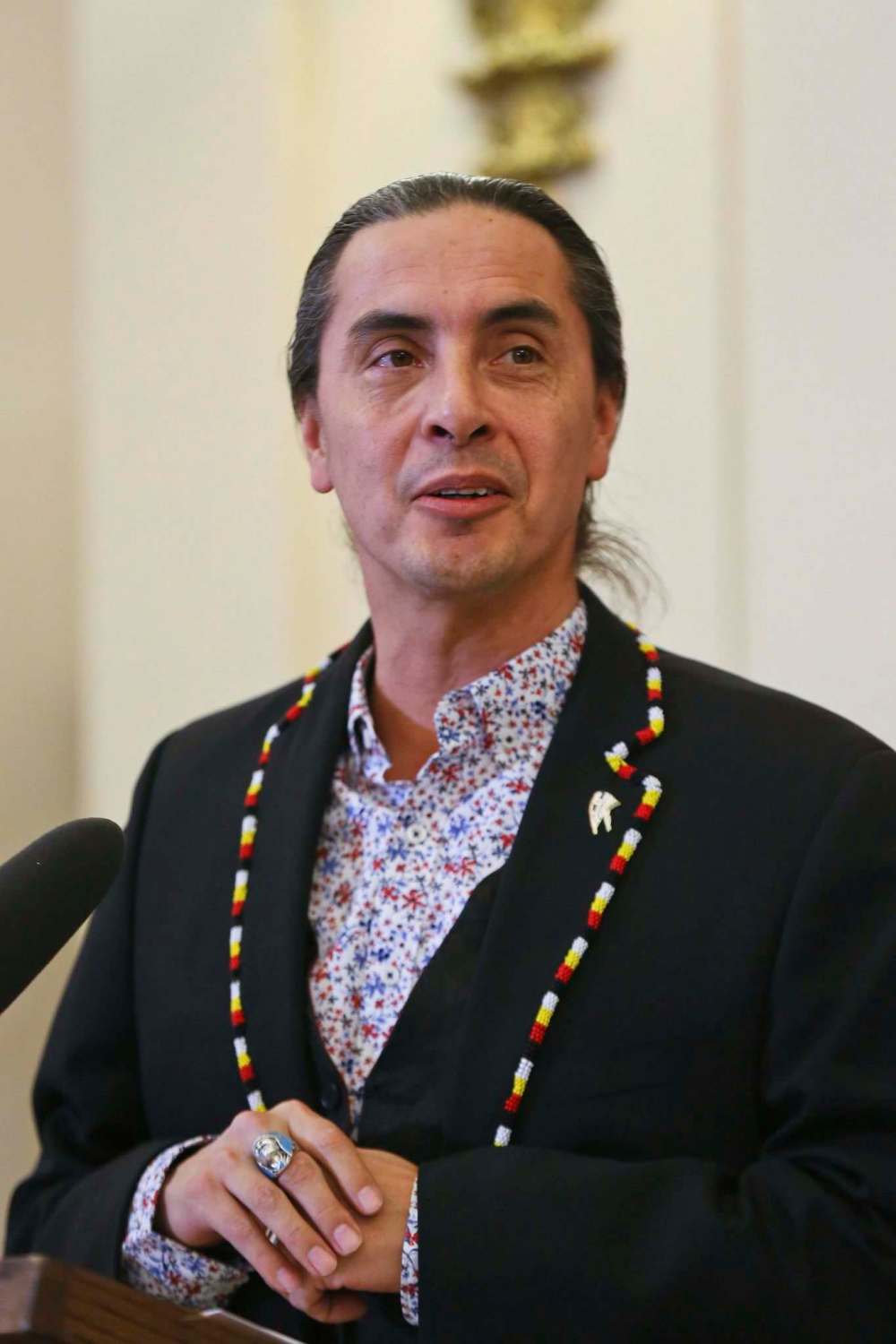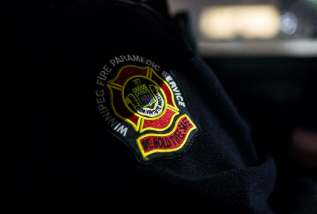Pallister opts for paternalistic governing
Read this article for free:
or
Already have an account? Log in here »
To continue reading, please subscribe:
Monthly Digital Subscription
$19 $0 for the first 4 weeks*
- Enjoy unlimited reading on winnipegfreepress.com
- Read the E-Edition, our digital replica newspaper
- Access News Break, our award-winning app
- Play interactive puzzles
*No charge for 4 weeks then billed as $19 every four weeks (new subscribers and qualified returning subscribers only). Cancel anytime.
Read unlimited articles for free today:
or
Already have an account? Log in here »
Hey there, time traveller!
This article was published 09/03/2021 (1290 days ago), so information in it may no longer be current.
If the Pallister government were truly committed to reconciliation, it would have consulted with First Nations before unveiling proposed legislation to ban smoking in indoor places on reserves.
Instead, the government unveiled Bill 56 – the Smoking and Vapour Products Control Amendment Act – last week (it was first introduced in November) without inviting First Nations to the table for their input. No meetings were held with Indigenous leaders prior to the introduction of the bill, nor was any attempt made to work collaboratively to pursue common goals. The bill was drafted unilaterally with no regard for First Nations jurisdiction. Indigenous leaders were not even informed in advance, as a courtesy, that the changes were coming.
That is not reconciliation; that is top-down, paternalistic governing.
Under the province’s current legislation, rules around smoking and vaping (including advertising and the sale of tobacco) do not apply in areas of federal jurisdiction. Bill 56 eliminates that exemption, including on reserves.
Many First Nations have enacted their own rules around tobacco and vaping use, including restrictions on indoor smoking.
Arlen Dumas, grand chief of the Assembly of Manitoba Chiefs, said the province does not have jurisdiction to enforce smoking and vaping laws on reserves. The province claims it does, and says all Manitobans should be protected from second-hand smoke, no matter where they live in the province.
The Canadian Cancer Society has also come out in favour of the bill, saying Manitoba is the only province that exempts reserves from indoor smoking bans. The group says regulating smoking on reserves is no different than enforcing highway traffic laws.
Both are missing the point. This is not about the regulation of smoking and vaping. This is about the provincial government’s relationship with Indigenous people and whether it sees First Nations as equal levels of government.
If the Pallister government regarded First Nations as partners, the first step in the process would have been to engage in a dialogue. Bilateral talks would have been used to explore ways of improving existing laws around tobacco use and vaping, both on reserve and off. Options may have been considered and solutions found in ways that respect First Nations jurisdiction. The province could have offered support in areas such as smoking cessation programs.

That is what reconciliation looks like. It is based on mutual respect and a recognition that First Nations have an inherent right to self-government. That right is enshrined in Section 35 of Canada’s Constitution and is a principle of international law. One of the goals of reconciliation is to undo federally and provincially imposed laws on First Nations and return to local, pre-colonial decision making. The Pallister government’s unilateral imposition of smoking and vaping laws on First Nations undermines that objective.
It has left First Nations with no option but to challenge the proposed law in court. The province’s unilateral actions have led to confrontation where collaboration would have been the preferred route. The Pallister government should hold back this bill and consult with First Nations, as it has decided to do with law enforcement regarding a bill that would amend the Police Services Act.
Premier Brian Pallister has repeated several times during the pandemic that his government is committed to reconciliation. It’s unclear whether the premier fully understands the meaning of the word. Judging by how Bill 56 was drafted and introduced, it appears Mr. Pallister still has much to learn about the journey of reconciliation and the provincial government’s role in it.









